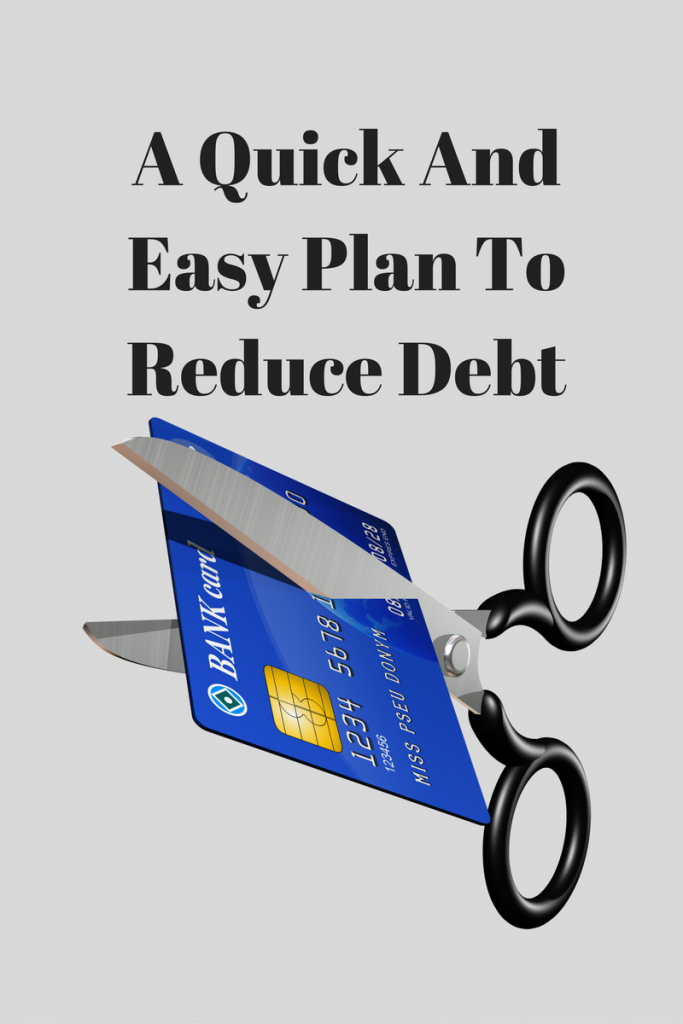
The choice between repaying your debt and saving for retirement is a difficult one. Which choice will give you the maximum benefit?
To reconcile this dilemma, consider these simple steps:
1. Examine the debt in depth
Pay attention to the interest rates and fees. Do the math to calculate how long it will take to repay your debt under various payment schedules.
● It’s very important to have a clear picture of your debt profile before trying to choose the appropriate option.
2. Examine your retirement savings
Know how much you already have saved up and of course consider how much money you think you will need in the future. There are many simple online calculators that can help you estimate the cost of living in retirement.
● Are you enrolled in an employer pension plan or other retirement program? Some employers even match all or part of your savings.
3. Calculate your savings rate
What percentage of your paycheck goes into your retirement plan? Experts recommend putting at least 15% of your paycheck into a tax-advantaged retirement plan. If you can’t afford 15%, start with 10% or 5% or whatever you can afford and then make a plan to increase the amount over time.
4. Consider getting some financial counseling
A financial planner can help show you how to best manage your money based on your personal situation.
● If you are having difficulty making a decision then it’s a good idea to turn to professionals in the field. A financial planner can help you examine your debt to income ratio and your retirement savings. They can assist you in creating a plan to improve your financial circumstances.
5. Consider the impact of your debt load
Is your debt under control or is it growing? Do you make your payments on time? If you’re struggling to stay ahead of the interest and fees then the best idea may be that you want to repay your debt first.
● Think about what impact losing your job would have on the debt. Other emergencies such as health problems may affect your ability to pay off the debt over time.
● If you fall behind on paying your debts you will face higher fees, compound interest, court costs, wage garnishment, and additional consequences. You could also face the prospect of bankruptcy.
● Paying down debt instead of saving for retirement could hurt you in the future.
● Unless your investments pay a higher rate of return than your debt is costing you, take care of debt before putting excess cash into retirement savings. You are losing money every month due to fees and interest rates. Making balanced payments toward both the debt and retirement may be best if the answer is unclear.
6. Make a decision and stick to your guns
The decision to repay debt or save for retirement is solely in your hands. You may get advice from family, friends, and industry professionals, but you alone face the consequences of your choice. It’s important to consider the benefits and consequences of both financial decisions. Nobody else will ever put as much thought into what’s best for your life as you will.


